Brain Disease In Cats Symptoms
Brain disease in cats symptoms. Issues with the cranial nerves will cause problems with eyesight and eye reflexes and may result in a cat bumping into things. Some cats are naturally vocal but an increase in vocalisation may indicate a neurological problem such as dementia. Vestibular disease causes vertigo the cat appears dizzy drunk have a head tilt and a rapid eye movement.
Symptoms of a Feline Neurological Disorder Seizures Tremors Loss of balance Blindness Pacing Coma Lack of coordination Hyperactive reflexes Weakness Stupor Walking in circles Loss of sense of smell Paralysis of the face limbs or body Muscle twitching Abnormally rapid eye movements nystagmus. Congenital disorders Among the most common of these is a condition affecting the cerebellum the part of the brain responsible for muscle coordination. Brain Tumor Symptoms Brain tumors generally develop in cats aged 10 or older although they can appear in younger animals.
Toxoplasma gondii a common brain parasite is frequently found in cat feces. Cerebral hemorrhage has a sudden onset of clinical signs and may be associated with bleeding at other sites or signs of systemic illness. If your once standoffish elderly cat suddenly becomes extremely friendly thats not necessarily a good thing.
Most people who become infected will never show symptoms. Crying at night could mean your kitty wants reassurance and feels disorientated. The disease occurs due to pressure on the nerves that regulate the vestibular system.
The most common infectious organism affecting cats is feline infectious peritonitis virus and it may cause either a slow or. Some kittens that are born infected with the feline distemper virus will immediately show a severe lack of coordination. Cognitive dysfunction or dementia most prevalent in senior cats.
Up to 10 cash back Types of Neurological Disorders in Cats From cancer to birth defects several types of disease can affect the nervous system of cats including autoimmune disorders inherited diseases such as hydranencephaly or spina bifida toxic disorders such as infections from ticks or viral diseases. Soiling in inappropriate places such as the bed or. Brain tumors can cause a range of neurological symptoms in your cat.
Early signs of FIP can vary but often include a rising and falling fever loss of appetite and energy loss. Symptoms of Brain Inflammation in Cats Changes in behavior Disorientation Seizures Muscle weakness Fever Tilting of the head Circling movements Sudden lack of coordination Depression Facial paralysis Lack of consciousness Small pupils Uneven pupils Pain in the spine.
Uncoordinated gait characterized by dramatic goosestepping hypermetria Head tremors that are worst when the animal is intent on something ie food but disappear when the animal is relaxed intention tremors Swaying of the trunk.
Some kittens that are born infected with the feline distemper virus will immediately show a severe lack of coordination. Early signs of FIP can vary but often include a rising and falling fever loss of appetite and energy loss. Toxoplasma gondii a common brain parasite is frequently found in cat feces. Most commonly you will see compulsive circling and excessive pacing especially if the tumor is located in the forebrain. Uncoordinated gait characterized by dramatic goosestepping hypermetria Head tremors that are worst when the animal is intent on something ie food but disappear when the animal is relaxed intention tremors Swaying of the trunk. Crying at night could mean your kitty wants reassurance and feels disorientated. Symptoms of Brain Inflammation in Cats Changes in behavior Disorientation Seizures Muscle weakness Fever Tilting of the head Circling movements Sudden lack of coordination Depression Facial paralysis Lack of consciousness Small pupils Uneven pupils Pain in the spine. Issues with the cranial nerves will cause problems with eyesight and eye reflexes and may result in a cat bumping into things. Congenital disorders Among the most common of these is a condition affecting the cerebellum the part of the brain responsible for muscle coordination.
Uncoordinated gait characterized by dramatic goosestepping hypermetria Head tremors that are worst when the animal is intent on something ie food but disappear when the animal is relaxed intention tremors Swaying of the trunk. Symptoms of a Feline Neurological Disorder Seizures Tremors Loss of balance Blindness Pacing Coma Lack of coordination Hyperactive reflexes Weakness Stupor Walking in circles Loss of sense of smell Paralysis of the face limbs or body Muscle twitching Abnormally rapid eye movements nystagmus. Some kittens that are born infected with the feline distemper virus will immediately show a severe lack of coordination. Vestibular disease causes vertigo the cat appears dizzy drunk have a head tilt and a rapid eye movement. Most commonly you will see compulsive circling and excessive pacing especially if the tumor is located in the forebrain. Toxoplasma gondii a common brain parasite is frequently found in cat feces. Cerebral hemorrhage has a sudden onset of clinical signs and may be associated with bleeding at other sites or signs of systemic illness.
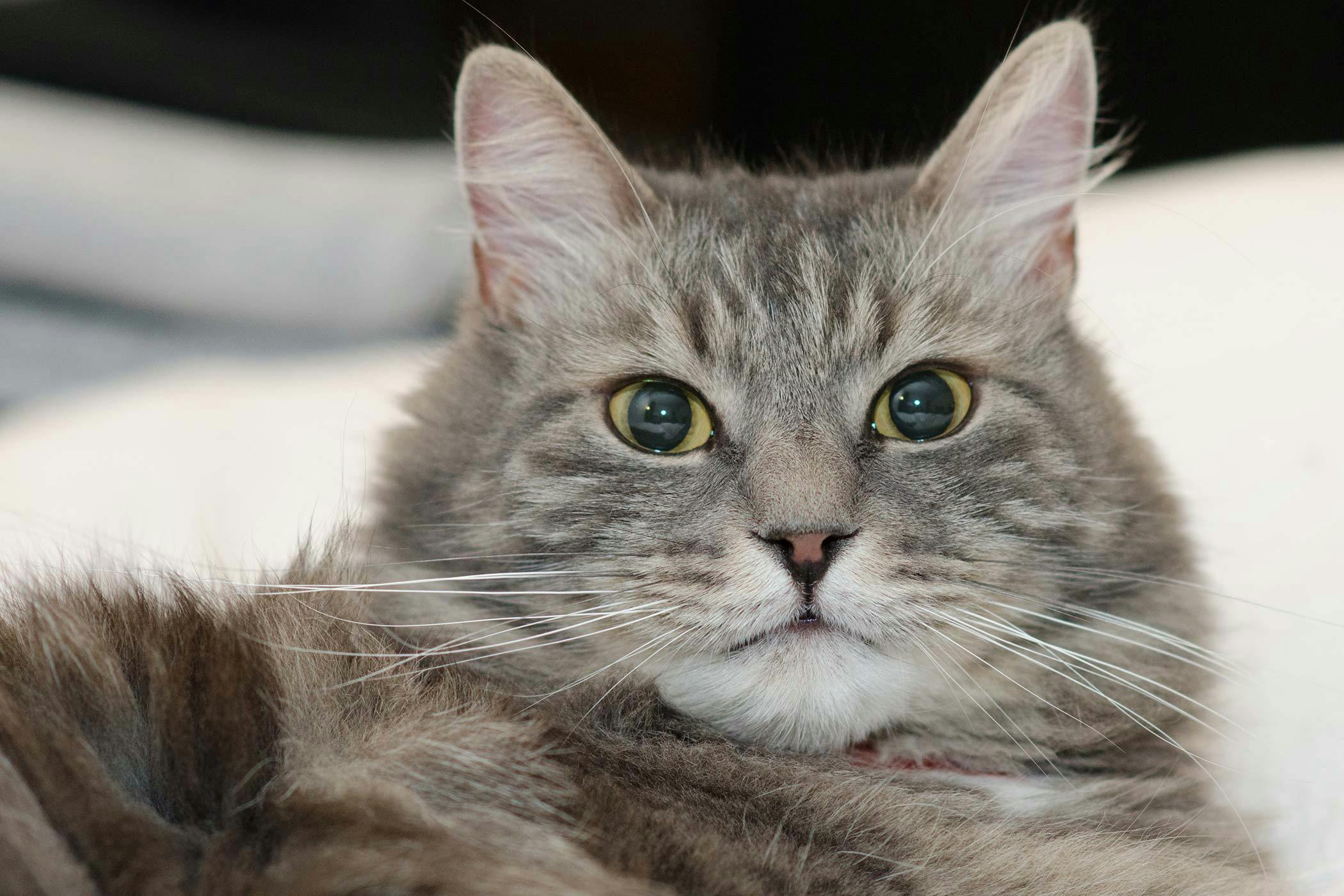
/midsection-of-vets-examining-injured-cat-at-hospital-686775025-5a6e226d1d64040037cd292d.jpg)

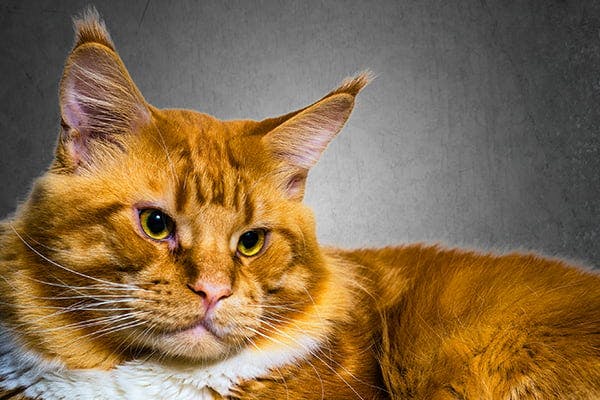

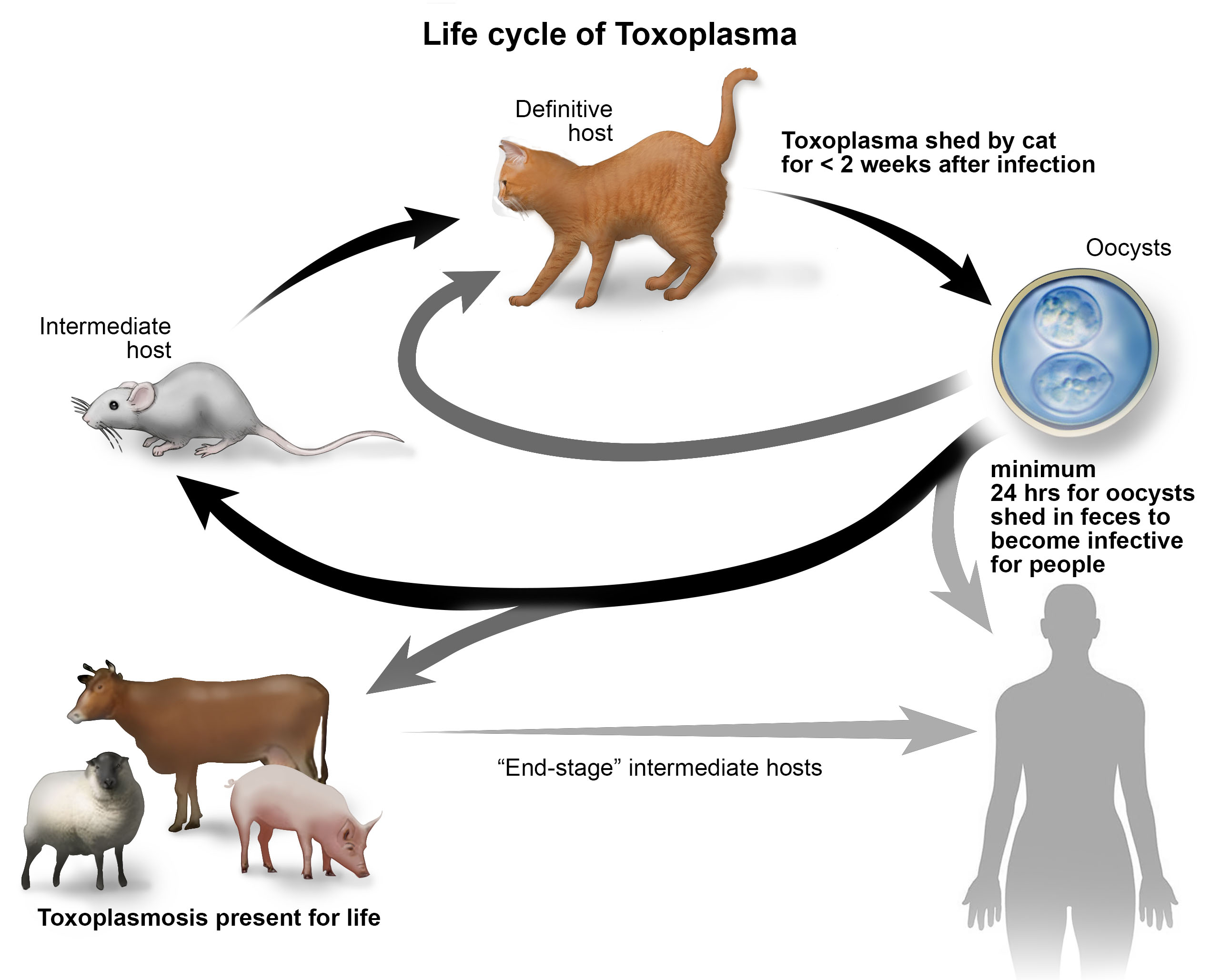
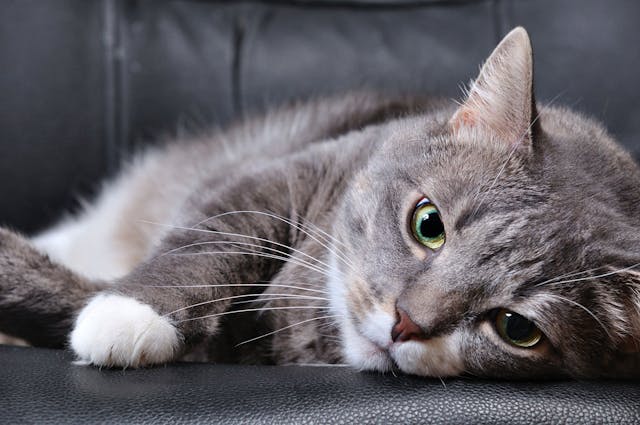

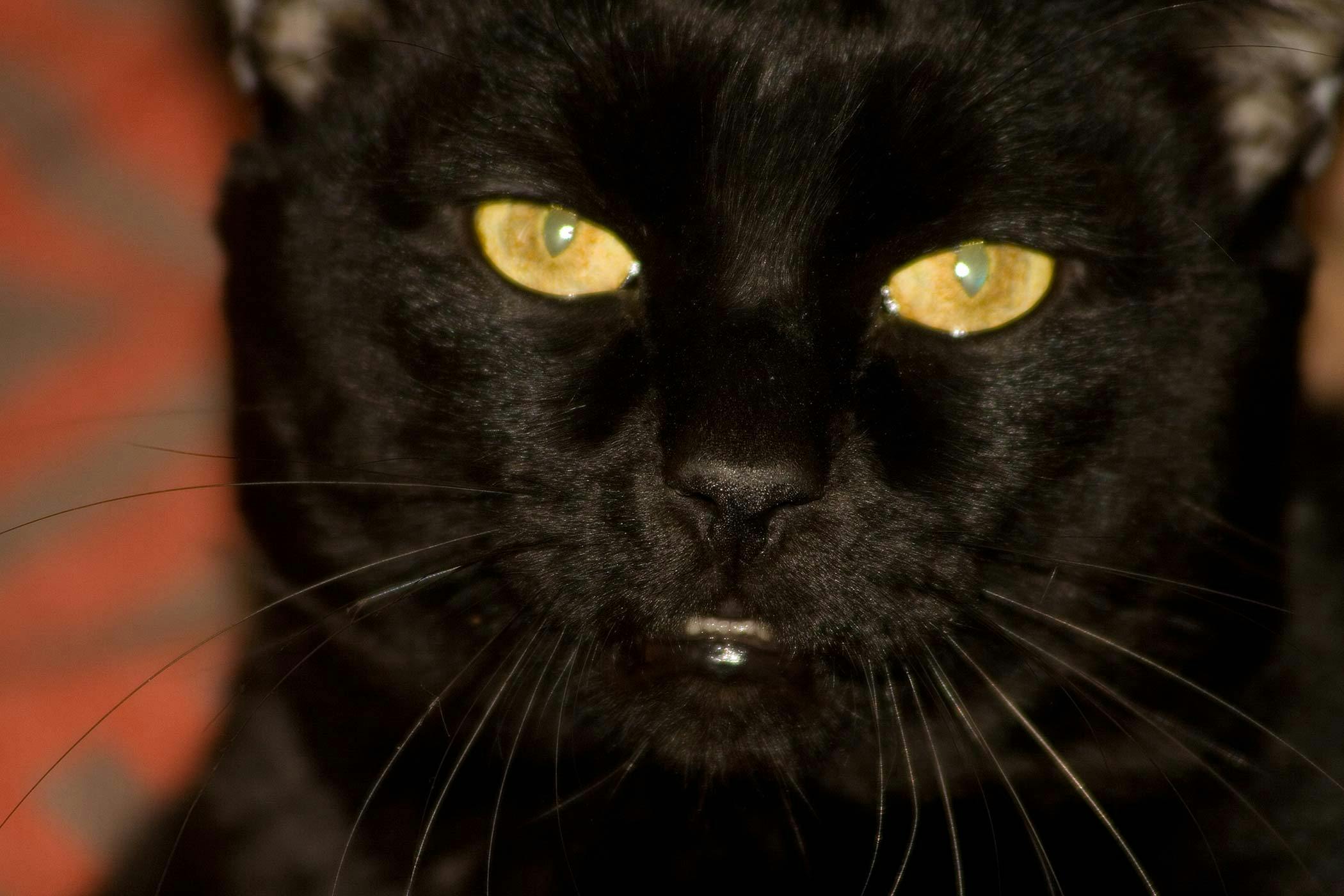

/portrait-of-a-kitten-858954906-5b37ef9846e0fb00540338be.jpg)
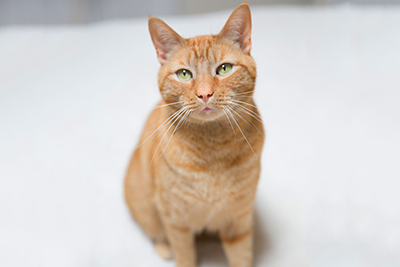
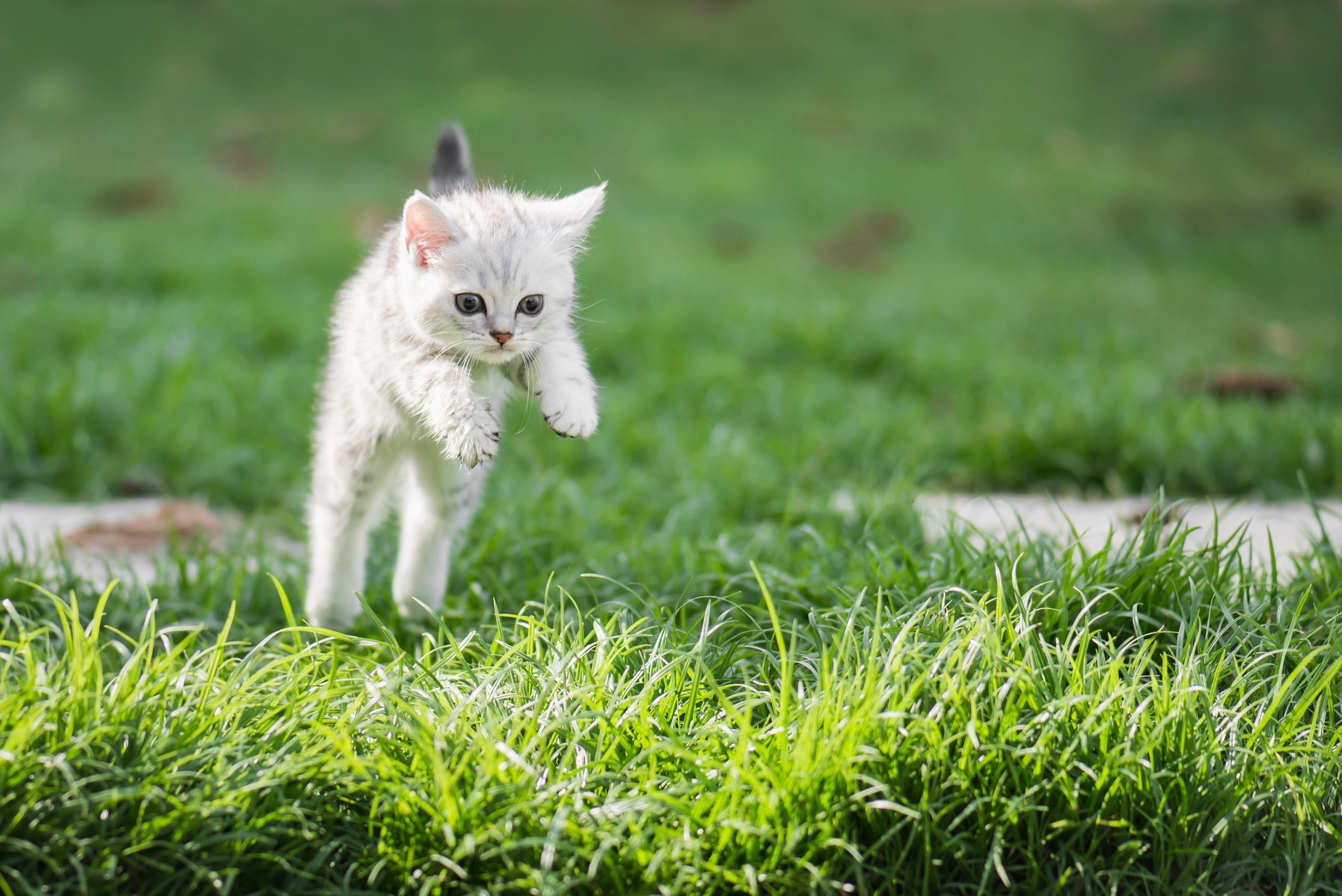
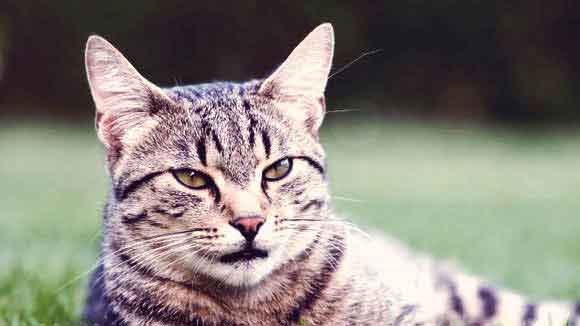
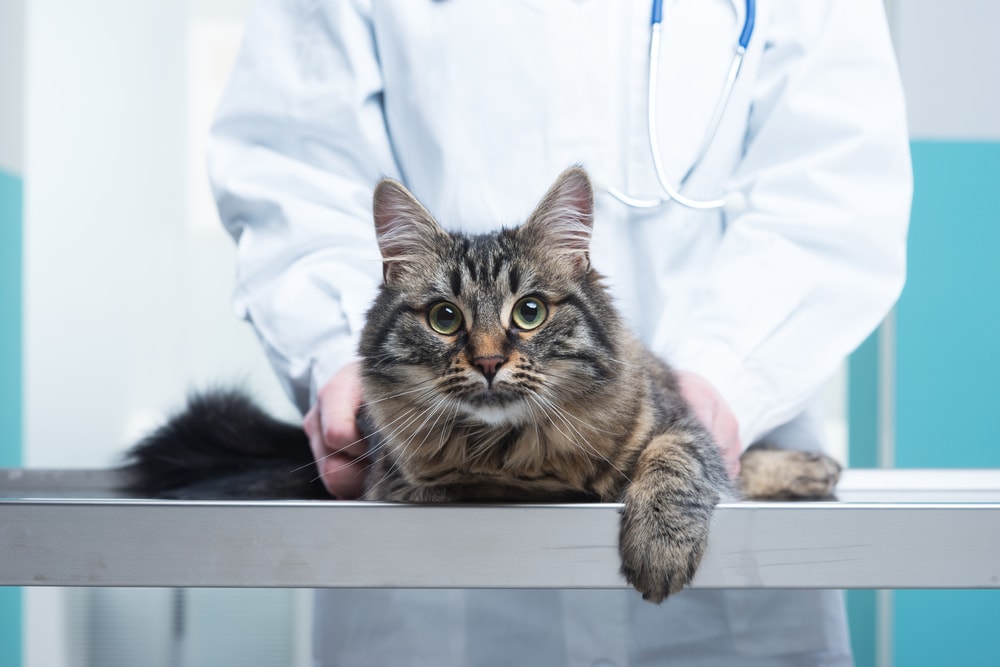

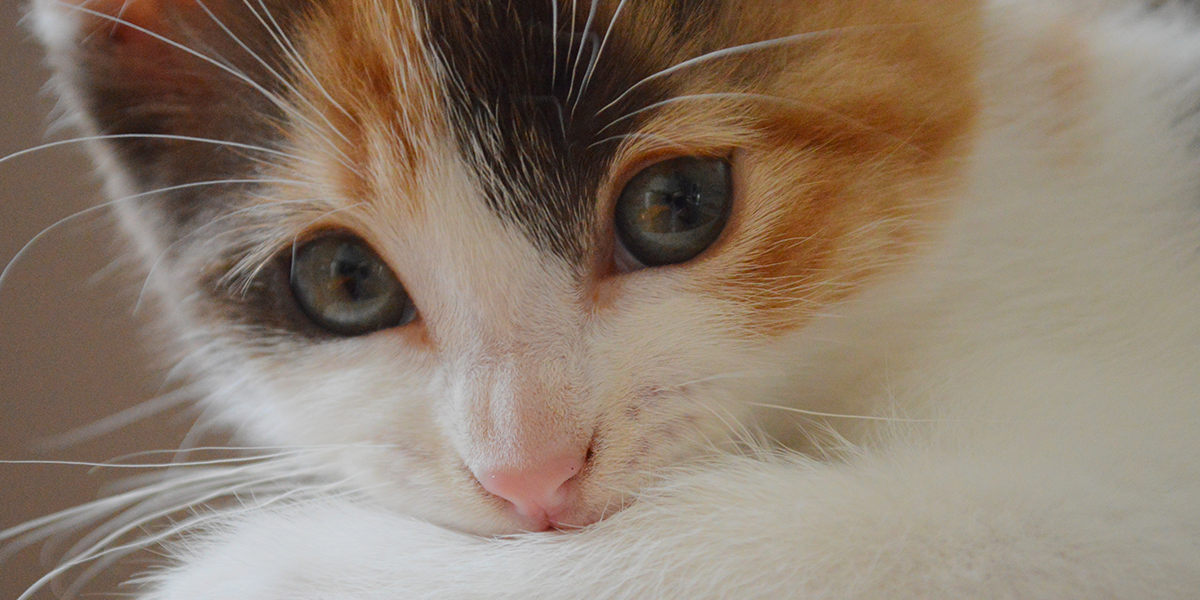
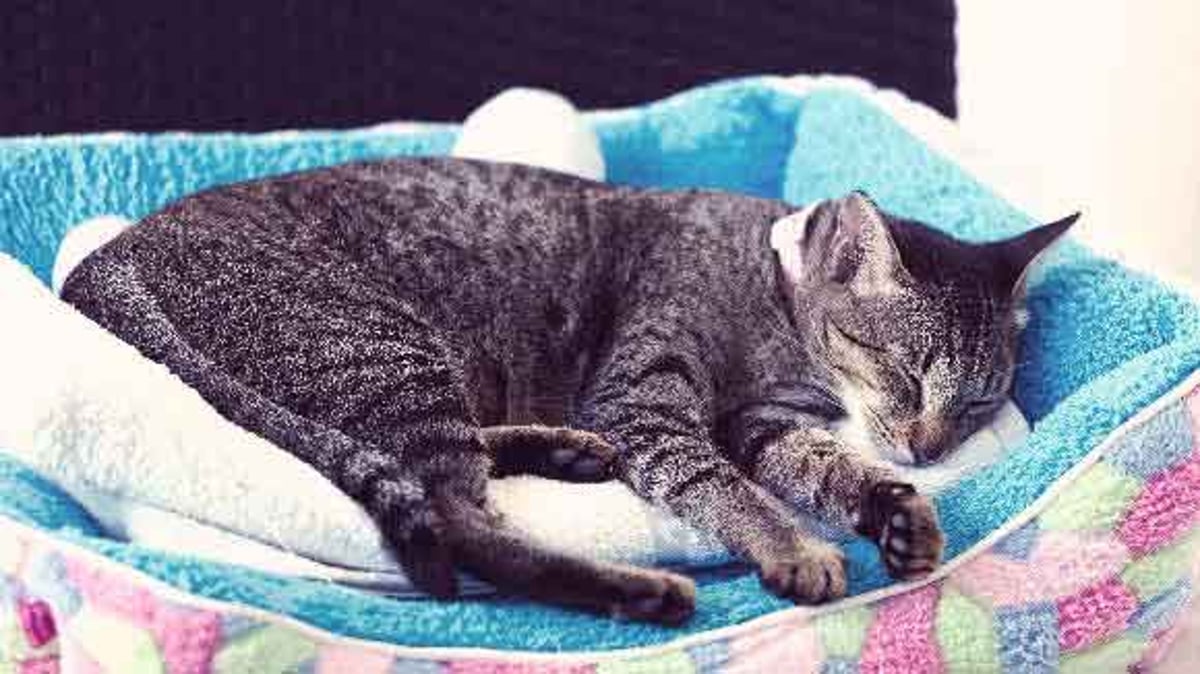
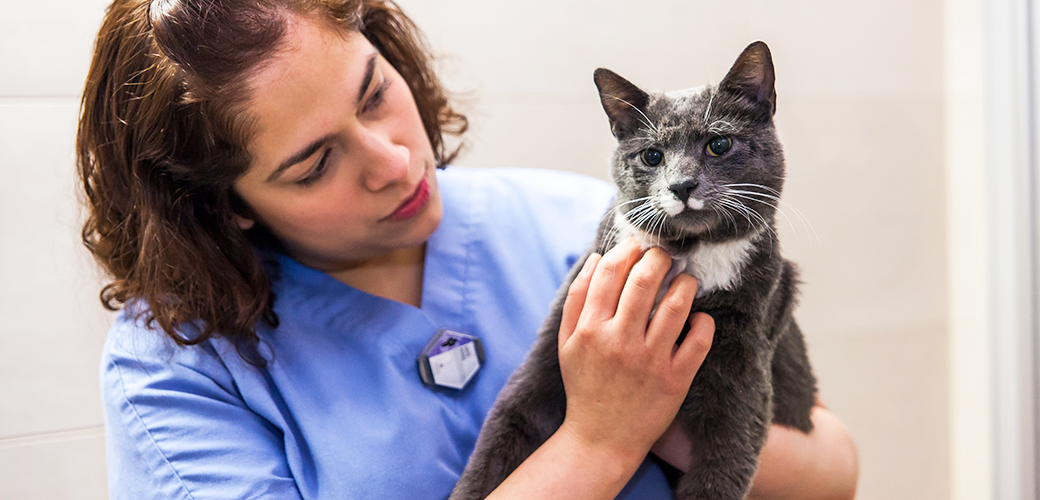

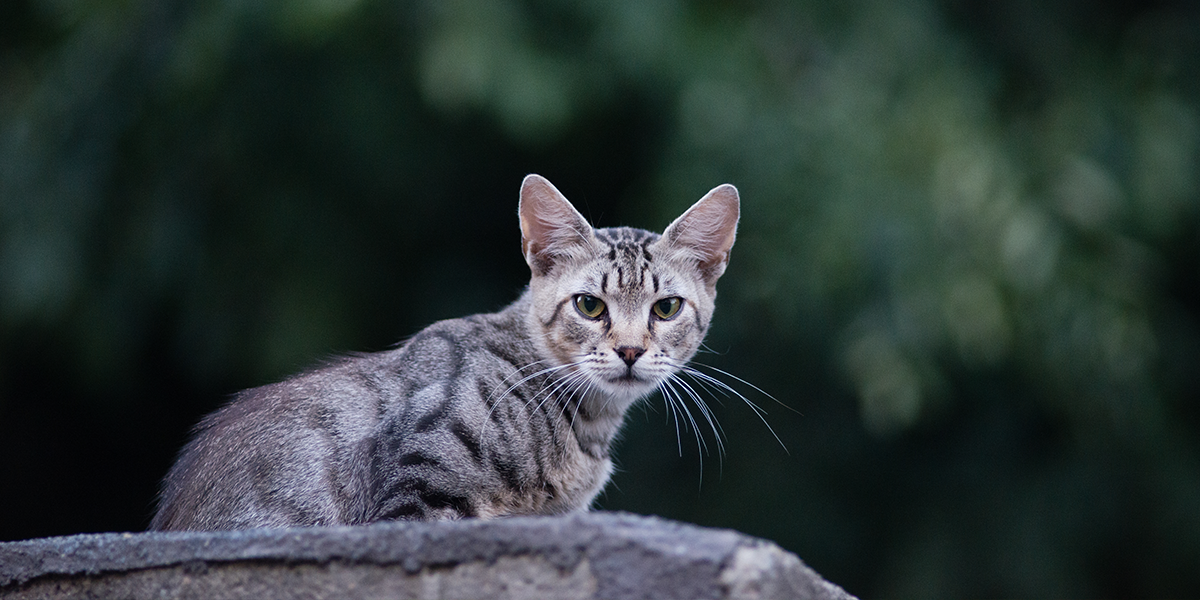
/GettyImages-485206387-5b9451f7c9e77c0082c7aaa3.jpg)


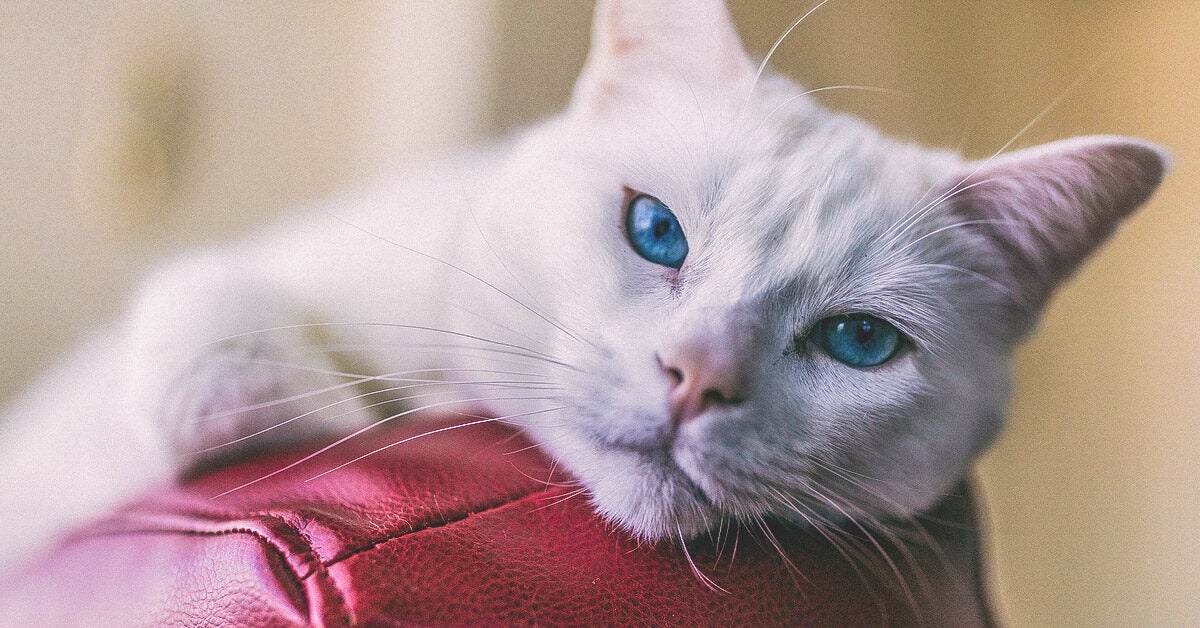
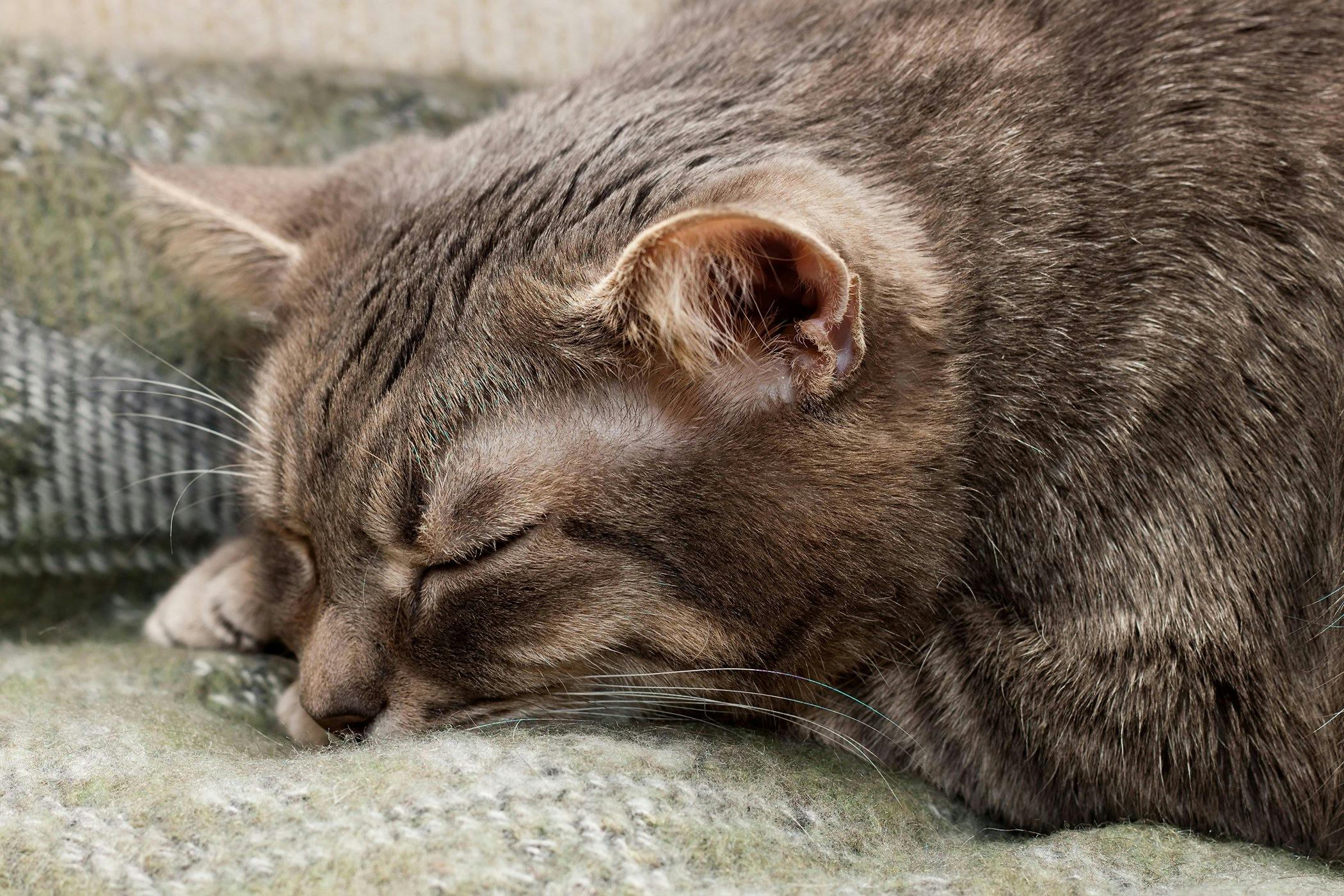

:max_bytes(150000):strip_icc()/GettyImages-1311907336-115d94511a7b4120b85edad67c5db9fd.jpg)
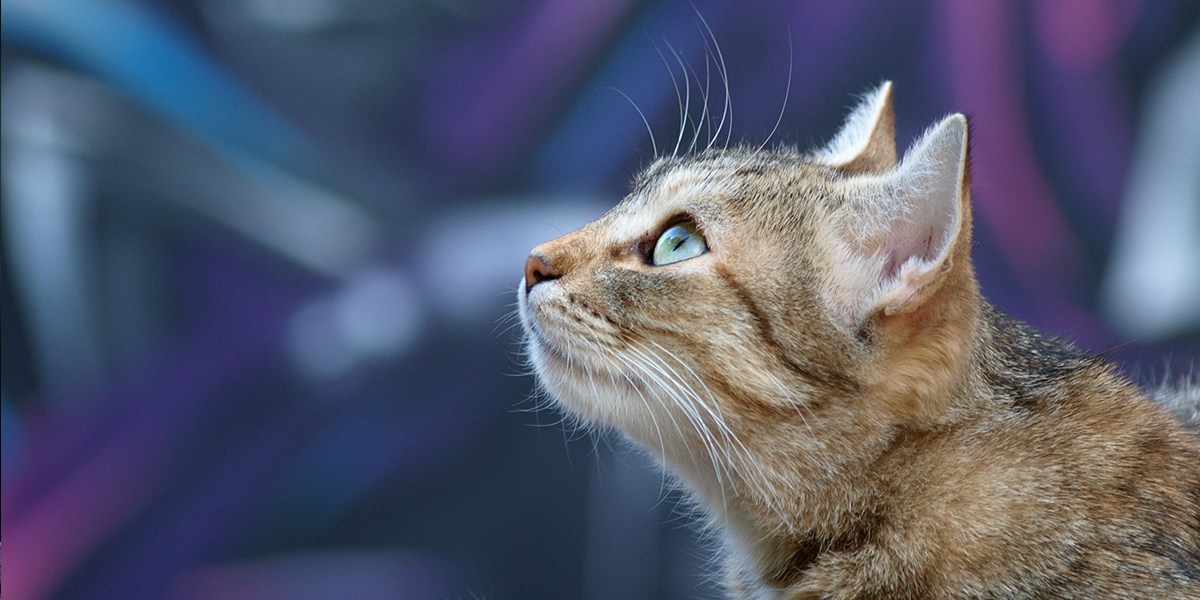



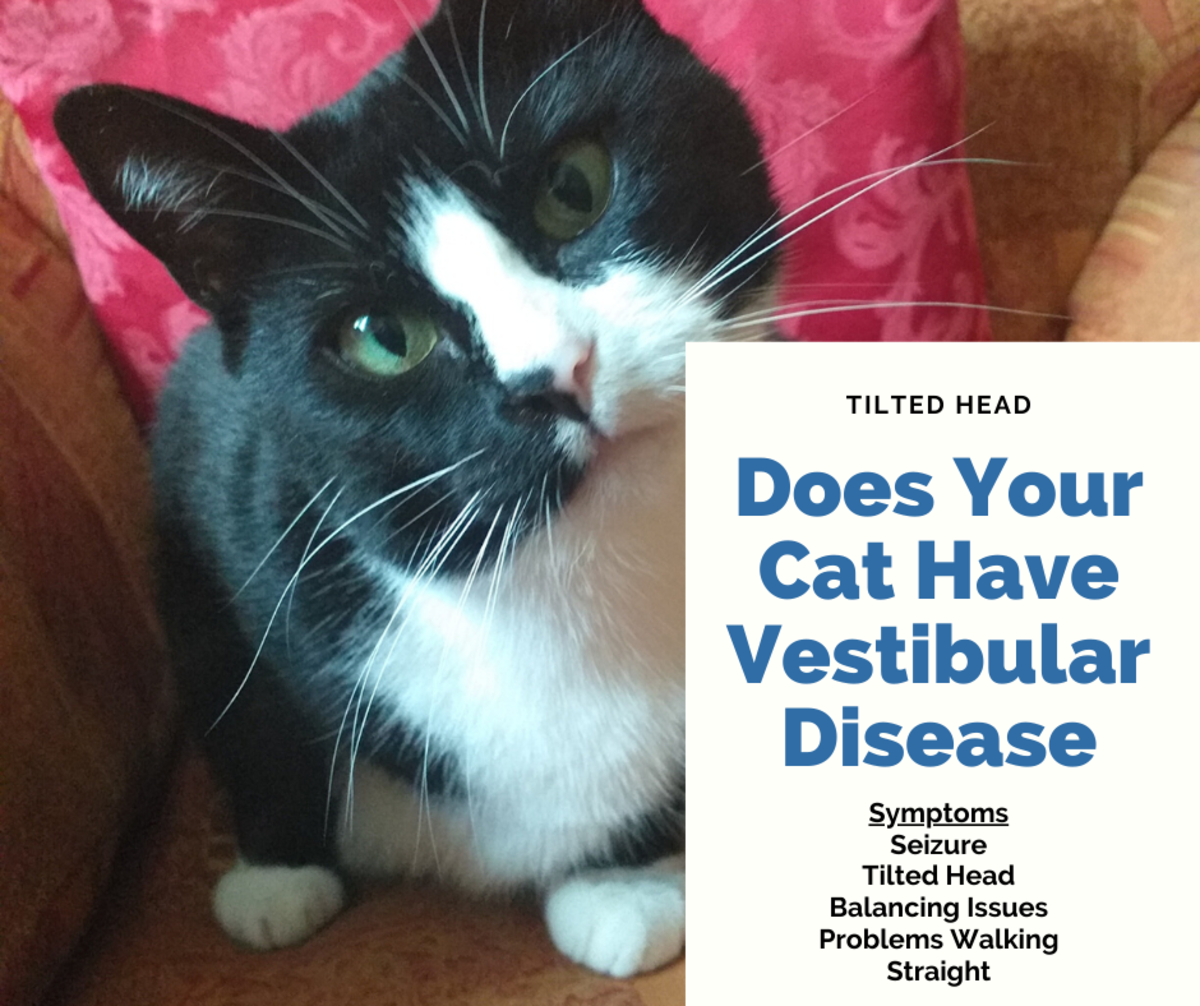

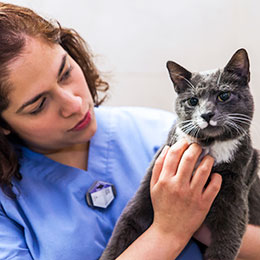


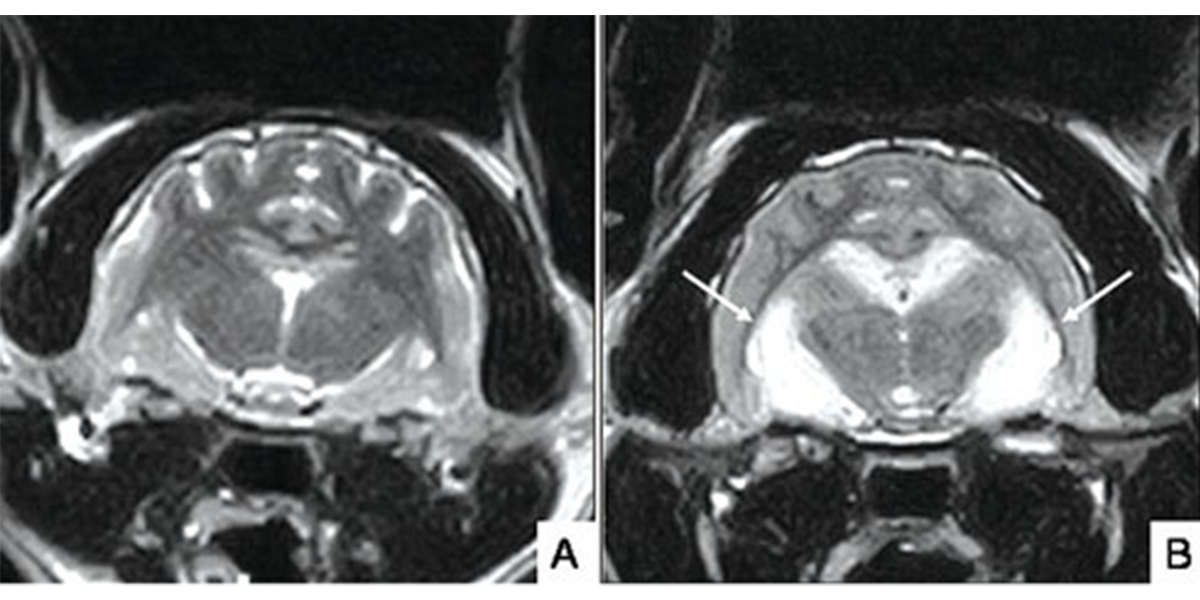
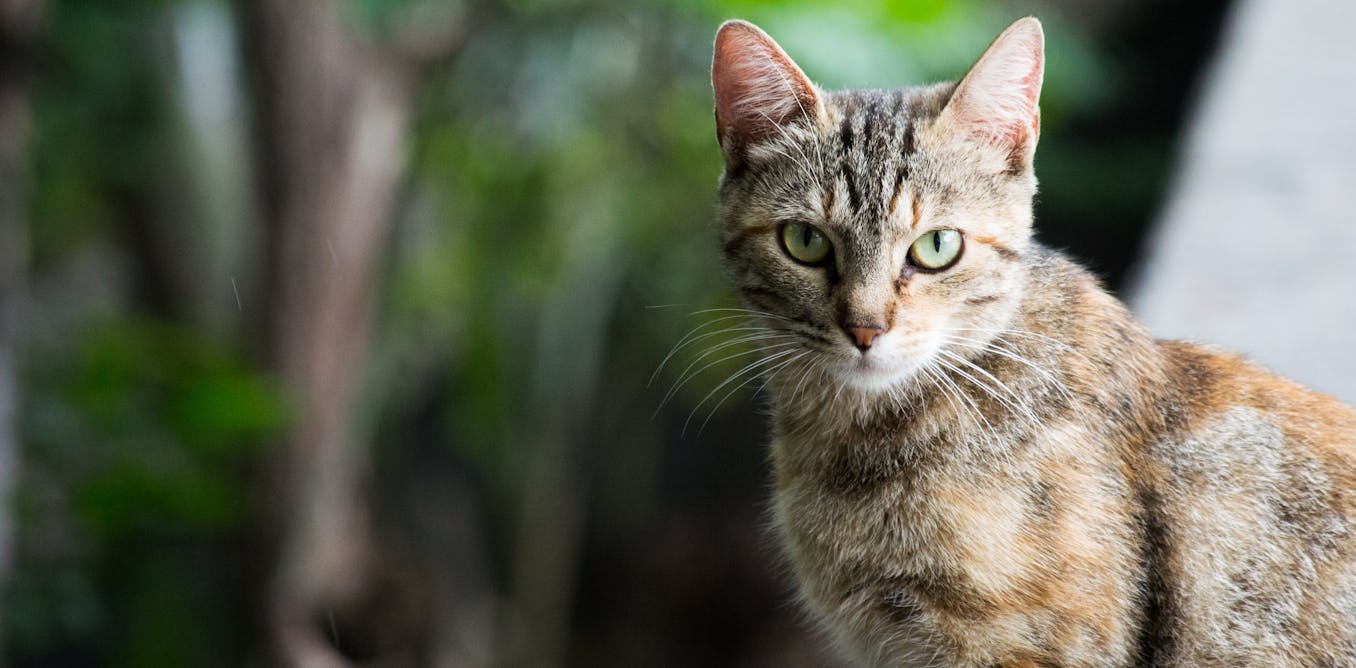

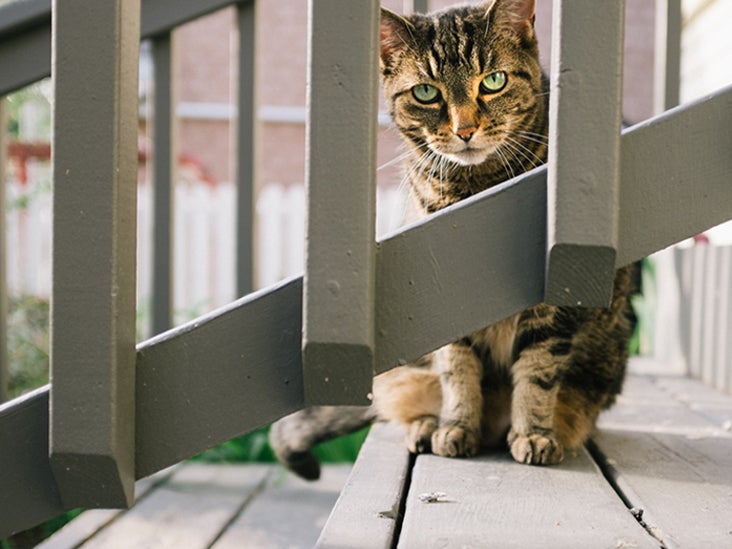
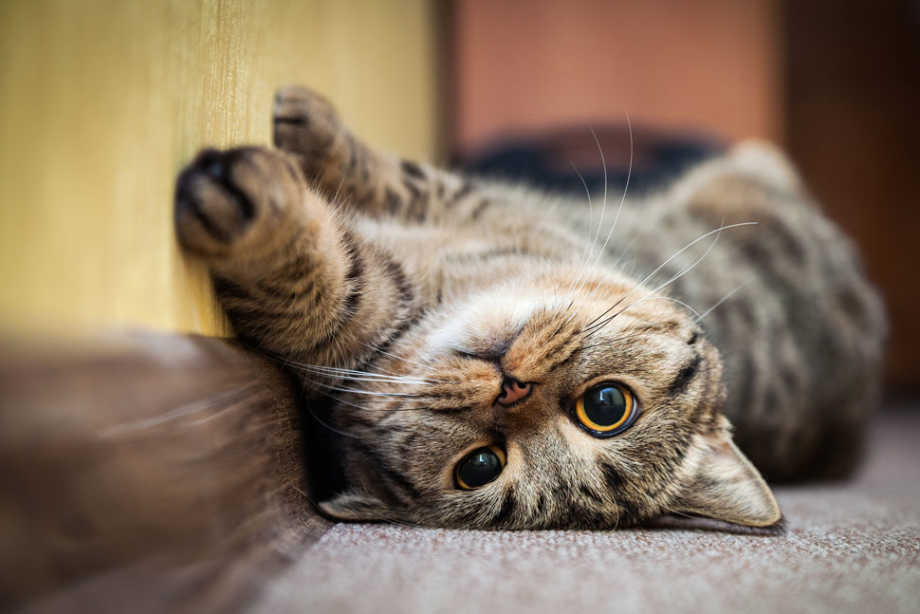
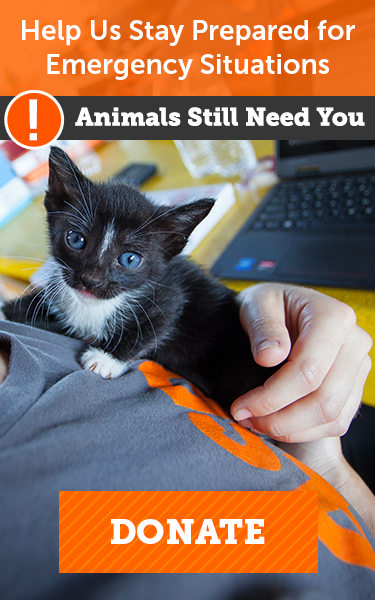

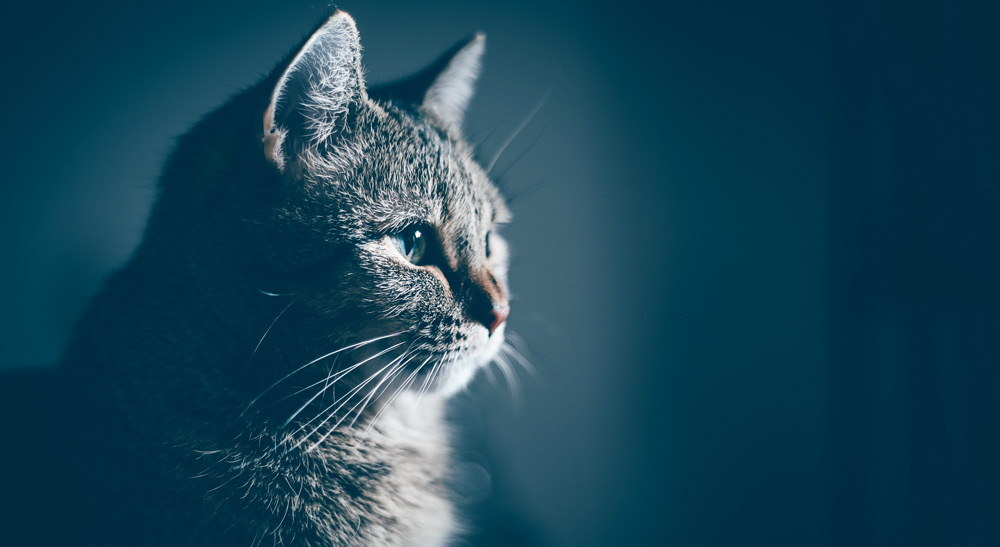

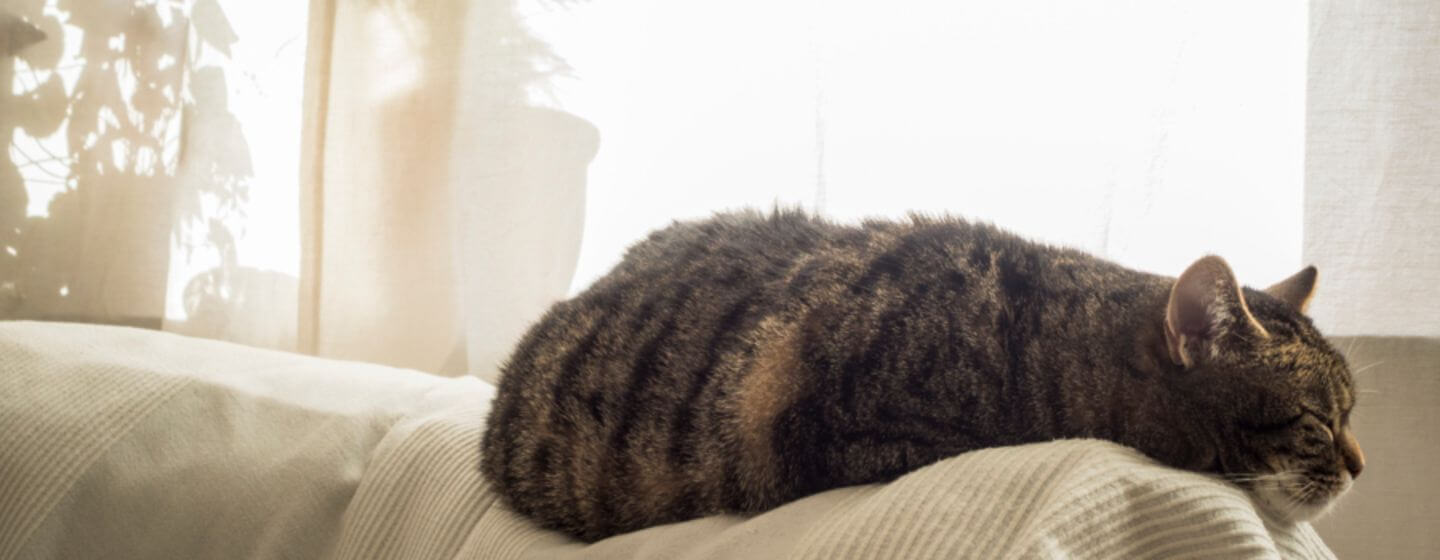

Post a Comment for "Brain Disease In Cats Symptoms"